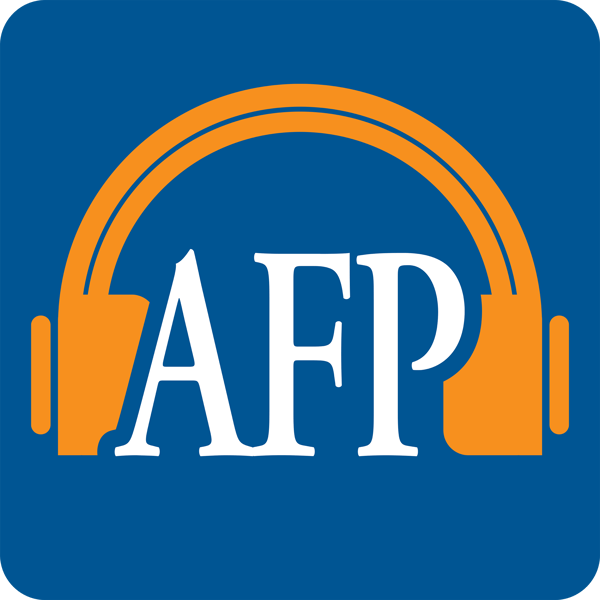Episode 38 – May 15, 2017 AFP: American Family Physician
AFP: American Family Physician Podcast
American Academy of Family Physicians
2.4 • 649 Ratings
🗓️ 19 May 2017
⏱️ 20 minutes
🧾️ Download transcript
Summary
Laceration repair (1:30), chronic insomnia (3:20), migraine prophylaxis in children (5:30), the European risk score for cardiovascular disease (6:30), perioperative cardiovascular medication management (8:10), venous leg ulcers (12:20), and colon cancer screening (15:00).
Transcript
Click on a timestamp to play from that location
| 0:00.0 | Welcome to the American Family Physician Podcast for the May 15th, 2017 issue, |
| 0:08.5 | a.k.a. Resident Takeover Edition. I'm Kalina. I'm Brett. And I'm Evan. |
| 0:14.1 | We are residents and faculty, all residents this time, from the University of Arizona |
| 0:17.9 | College of Medicine, Phoenix Family Medicine residency. This time on the podcast, we're going to discuss laceration repair, an ACP guideline on chronic insomnia, |
| 0:28.5 | two poems, the first on migraine prophylaxis in children, the second on the European risk score for |
| 0:34.1 | cardiovascular disease. We'll talk about perioperative cardiovascular medication |
| 0:39.4 | management, venous leg ulcers, and finish up with some opinions on colon cancer screening. |
| 0:45.6 | The opinions expressed in the podcast are our own and do not represent the opinions of the American |
| 0:48.9 | Academy of Family Physicians, the editor of American Family Physician or Banner Health. Do not |
| 0:52.9 | use this podcast for medical advice. |
| 0:54.5 | Instead, see your own family doctor for medical care. |
| 1:17.2 | Also on this episode of the podcast, we'd like to welcome one of our co-hosts for next year shari everybody welcome shari give us a hello shari hi guys so is it just me or do you guys feel like we kind of have |
| 1:24.3 | the keys to our parents car right now and we're going for a little joy ride. Yeah. Yeah, I like it. Okay. The first segment is laceration repair, a practical |
| 1:33.9 | approach from doctors forage, little, and Williams out of the University of Michigan Medical |
| 1:39.1 | School in Ann Arbor, Michigan. Buckle up for some lightning facts. So first up, it's important to irrigate wounds |
| 1:45.7 | prior to closure, but there's no difference between using potable water and sterile saline. |
| 1:51.7 | Don't forget to glove up, but if you want, you can skip the sterile gloves and use clean exam |
| 1:55.8 | gloves as there's no increased risk of infection. You can close wounds from clean objects |
| 2:00.3 | up to 18 hours after injury. |
| 2:02.5 | Head wounds are actually okay to close even up to 24 hours later. Epi is in. There's good evidence |
| 2:08.5 | that use of local anesthetic with epinephrine in a concentration of up to 1 to 100,000 on digits is |
| 2:14.4 | safe for lack repair and digital block. You can even use local anesthetic with |
... |
Please login to see the full transcript.
Disclaimer: The podcast and artwork embedded on this page are from American Academy of Family Physicians, and are the property of its owner and not affiliated with or endorsed by Tapesearch.
Generated transcripts are the property of American Academy of Family Physicians and are distributed freely under the Fair Use doctrine. Transcripts generated by Tapesearch are not guaranteed to be accurate.
Copyright © Tapesearch 2025.

